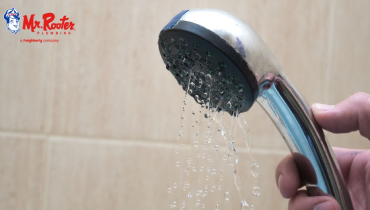
Have you ever noticed cloudy stains or crusty build-up on your plumbing fixtures? If so, your home likely has what we call hard water. Hard water is a common nuisance that many households deal with.
Read on to learn more about what hard water is and how it can affect your plumbing.
What Is Hard Water?
Hard water contains high levels of minerals, such as calcium and magnesium. These minerals can come from a variety of sources, including limestone deposits in the ground or agricultural runoff.
Is Hard Water Harmful?
While hard water isn't necessarily harmful to your health, it can cause a number of problems around your home.
For one, hard water makes it more difficult for soap to lather. This makes it harder for your washing machine to clean your clothes, your dishwasher to clean your dishes, and even your shampoo to clean your hair!
The minerals in hard water can also cause a scaly build-up on the inside of pipes and on your fixtures. This buildup can restrict water flow and eventually lead to clogged pipes and changes in water pressure.
How Can I Fix Hard Water?
If you're dealing with hard water, there are a few things you can do.
One option is to install a water softener. A water softener works by exchanging the minerals in hard water for sodium ions. This process prevents the minerals from binding to surfaces and causing buildup.
Another option is to install a reverse osmosis system. A reverse osmosis system filters water by forcing it through a semipermeable membrane. This removes minerals and other contaminants, leaving you with cleaner, softer water.
Plumbing Services in Southeast Wisconsin
No matter which option you choose, be sure to consult with the Mr. Rooter Plumbing team to ensure that the system is installed correctly. Give us a call to schedule an appointment today!

